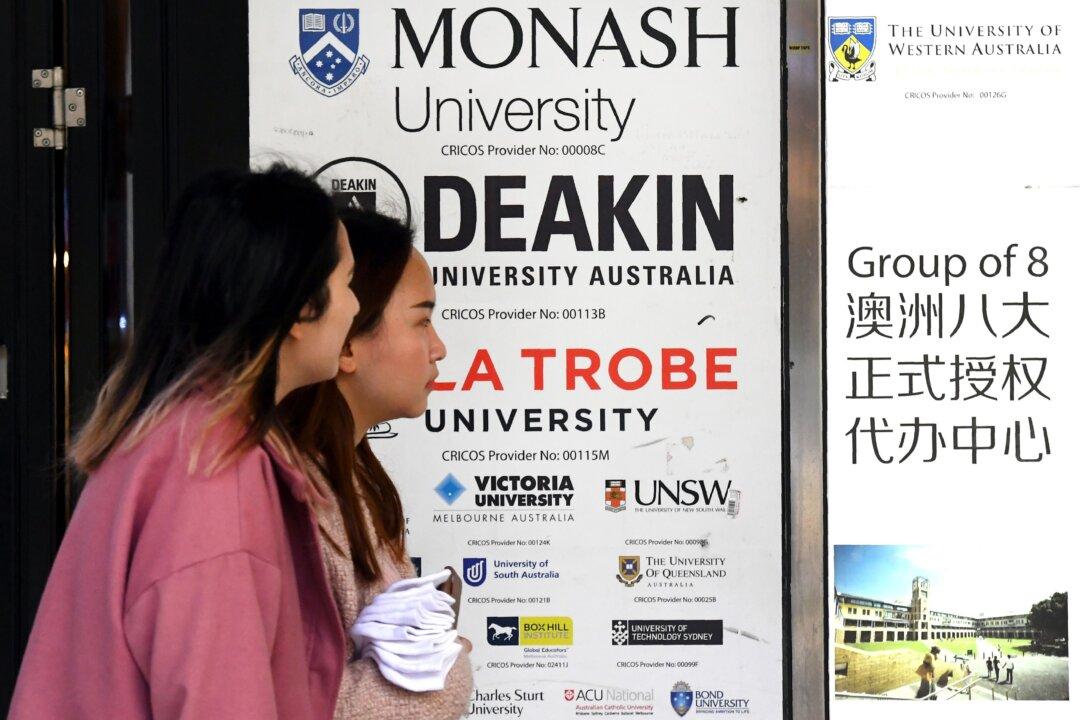The Western Australia (WA) government has backflipped on its strict border closure to grant exemptions for returning international students to enter the state, while Australians from other states are still locked out.
This comes after WA Premier Mark McGowan shelved his plan to reopen the state’s borders on Feb. 5 citing the threat of the Omicron variant of the novel coronavirus, leaving thousands of students and the friends and family of WA residents in limbo, and universities disappointed.




